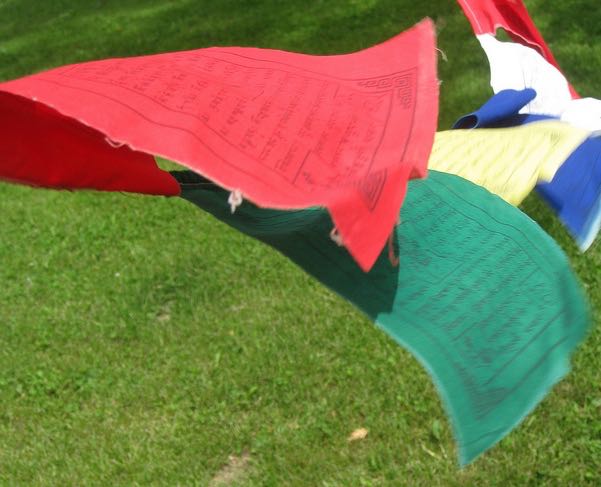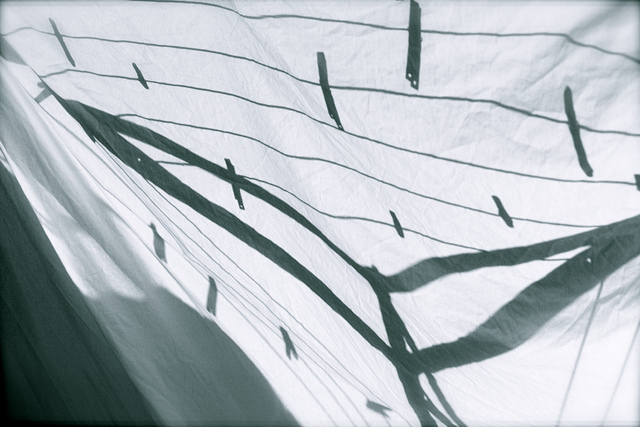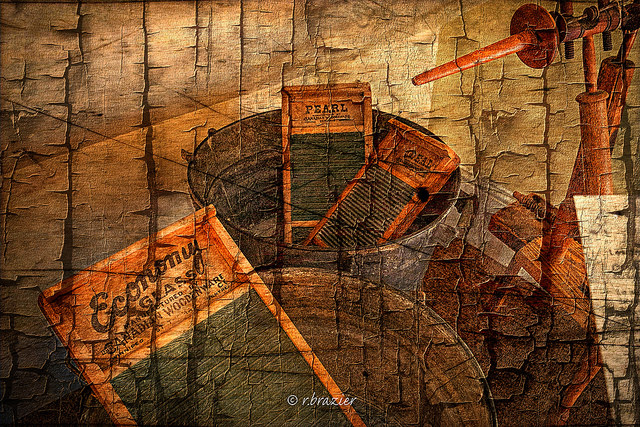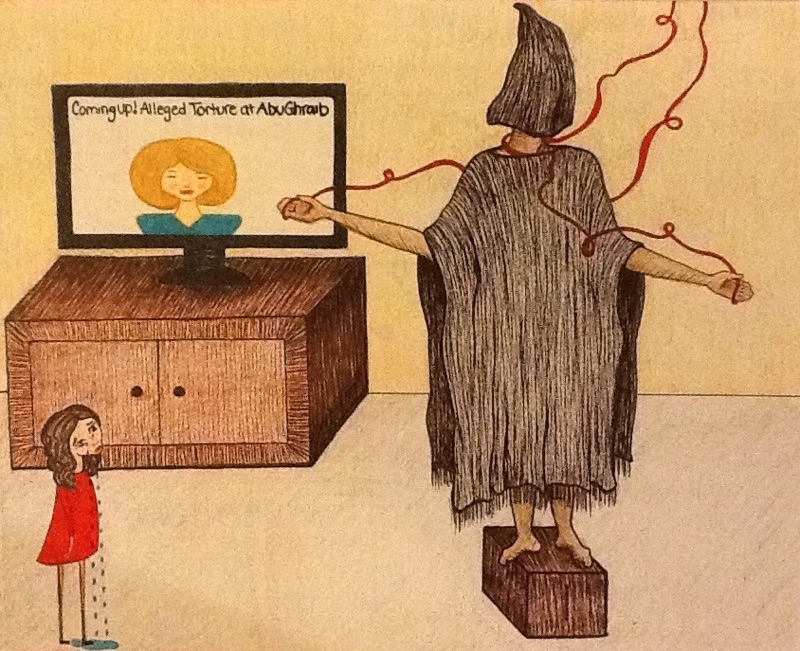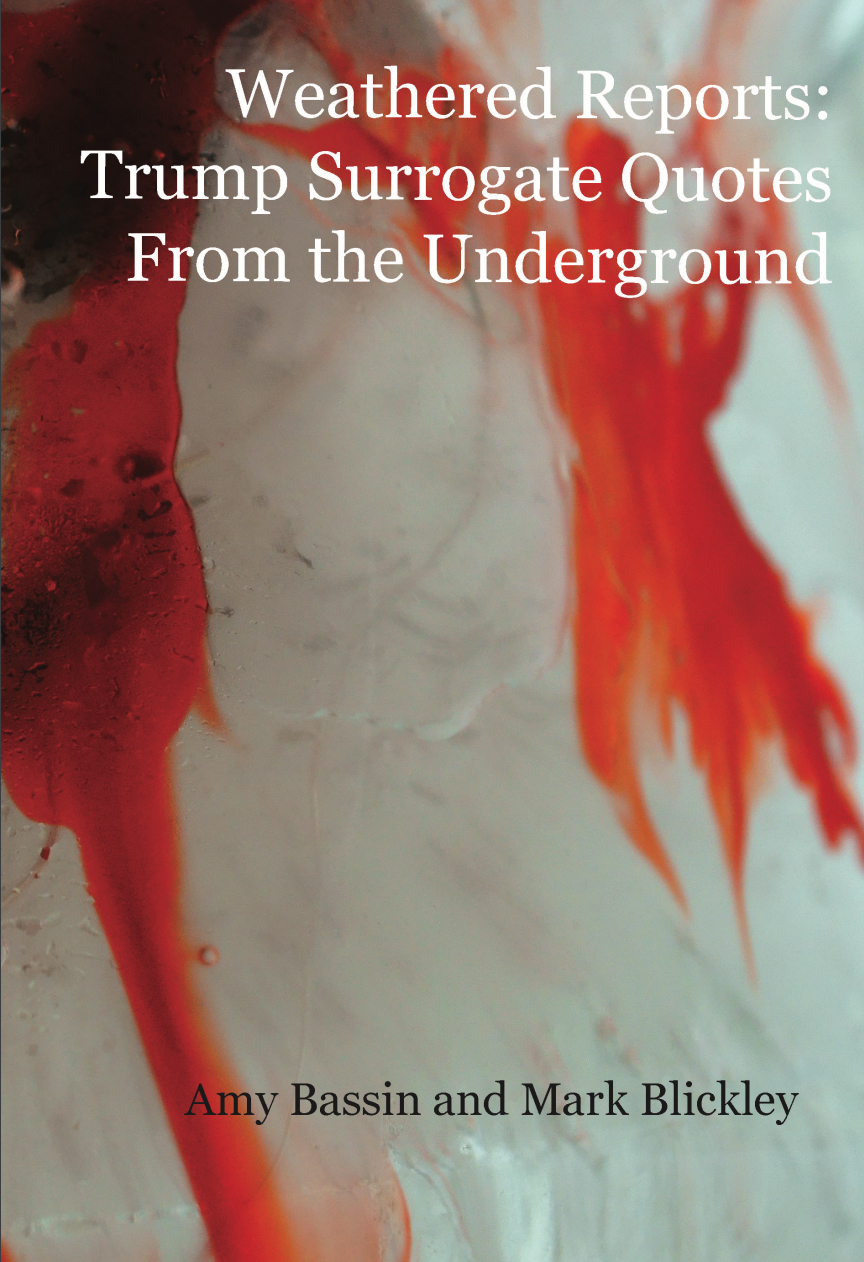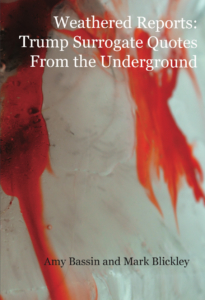Say It Aloud
By Jamie Davenport
Something entirely disturbing happened last night on my commute to rehearsal. Bear with me. It is a long tale. But one that is necessary to read and digest.
I was sitting in the corner of the Red Line T, closest to the conductor, when a group of about eight black kids from the ages of 12 to 16 entered.
I automatically noticed their presence because of how loud and rowdy they were being.
Smiling to myself, because of how crazy they were all acting, I turned up the music in my headphones and bounced along with the train.
I noticed the boy sitting across from me. He’d entered the train with the other kids, and although also black and about their age, he clearly did not know them. From his body language it was obvious he desperately wished he had sat in another section.
At around the South Station stop, the conductor’s door swung open and through my oversized headphones I could tell she told the kids to quiet down. The kids mouthed off to her and she called the MBTA security.
At this point my headphones are off and I am listening with full intent. The MBTA guard, a white man, walks on and within ten seconds announces that he is calling the police and that the train will not move until they come. He is greeted with a resounding, “Are you kidding me?” from just about everyone on the train.
I automatically zone out and think about what I was doing from 12-16.
I think about breaking into my old elementary school and stealing ice cream.
I think about joyriding my boyfriend’s lifted, bright green, Chevy blazer without a permit or a license.
I think about getting caught drinking in a friend’s backyard.
I think about trespassing on private property and swimming.
I think about getting pulled over twice in the same month, on the same road, in the same place, by the same officer, in the same car, for the same reason, and waltzing away from the scene with nothing. And I mean nothing, but “a get home safe.”
I think about every single actually illegal thing I have ever done and realized one harrowing fact:
I have never been touched by a police officer.
I have never been handcuffed.
I have never been to jail.
I have never even gotten a ticket.
I have never left an interaction with the cops with anything other than a “have a nice night.”
I wake up from my reverie and we are still parked at South Station. I tune into the conversation around me and hear the kids. Let me emphasize kids. Kids making a game plan for what they will do if the police start to shoot them.
I glance up at the boy across from me. He is squirming. He wants off. He is texting fiercely. I’m assuming he’s telling someone what we are both observing.
The girl next to me notices my presence and says,
“Sorry for messing up your ride.”
I say, “Don’t worry about it.”
My voice catches on the last word. My throat starts to sear.
She asks, “Are you upset?”
I respond, “Yeah, I guess I am. I just don’t understand why they are calling the cops.”
She says, “Because we are black.”
The 12-year-old turns to the group and quietly says, “Black lives matter.”
They all murmur in agreement.
The police arrive and everyone remains very calm. Eerily calm. Everyone is walking on eggshells. The cops step on the train and tell the kids if they get off quietly they can get on the next one and go home. The kids accept the offer and begin to clamor off. At long last the boy across from me and I are left alone.
As I begin to put my headphones back on the police reenter the car. They look at the boy and say, “We said everyone in the group has to get off.”
The boy says, “I don’t know them.”
The cops say, “It’s an order. Everyone in the group has to get off.”
I jerk a little, as if to collect my bags.
The police look at me and one says, “Not you. You’re not in the group.”
The policeman places his hand on the boys shoulder and guides him toward the door. In a moment of temporary rage blindness I stand up and scream, “He doesn’t know those kids.”
The cop looks at me and says, “Is that true?”
To which I say, “Yes, and it was true when he said it, too.”
The police release the boy and he sits down across from me again. We share a moment of blankness and then tears well in my eyes.
He waves me over to the seat next to him. He says, “That was because I am black, wasn’t it?”
I nod. He looks down sheepishly at his shirt and says quietly, “I’m just happy they didn’t hurt me. That would kill my mom. And she is not someone you want to mess with.”
I say the only thing I can think of. “I’m so sorry.”
He says, “With all that’s going on in the world, I am so scared all the time.”
We sit in silence for a moment and I decide to change the subject. I ask him about himself. He tells me he is entering his junior year of high school and spending the summer working for an organization that aims to help people learn how to have healthy relationships. He says he wants to help stop domestic abuse. He tells me he is passionate about gender equality. He asks me if I know there is a difference between sex and gender. He says he wants to educate the public on that topic.
The train rattles into my station, and I shake his hand. He says, “Thanks.”
I mumble, “Don’t mention it.”
I exit the train and watch it pull away. And then I weep. I weep in a way I never have before. My breath shortens and I begin to crumble.
I weep for Trayvon Martin.
I weep for Mike Brown.
I weep for Sandra Bland.
I weep for Alton Sterling.
I weep for Eric Garner.
I weep for all of the names I do not know but should.
I weep for their families.
I weep for their friends.
I weep for the innocent blood shed all over this country.
I weep for that boy.
I weep that I cannot remember his name because it is not as familiar to me as James or Tim or Dave.
I weep for those kids.
I weep for all of those kids.
I spend the night replaying the whole scenario over and over again in my head, and realize that three words keep running through my mind. Three words that, until I heard a 12-year-old black girl say them aloud to her friends as they awaited the police, I did not understand. Three words that are so little, but mean so much.
Black Lives Matter.
I stop crying. I become resolute. I make a pact with myself to help the world become better for those kids.
I make a pact with myself to spread this story like wildfire.
I make a pact with myself to be an ally to that beautiful boy.
It starts here.
Before you read on make a pact with yourself to join me.
Before you read on commit yourself to this cause.
Before you read on openly admit that racism is alive and thriving in this country.
Before you read on promise yourself you will say the following three words.
ALOUD:
Black Lives Matter.
Didn’t do it? Here’s another chance:
Black Lives Matter.
Still can’t say it? Ask yourself why?
Black Lives Matter
Here’s another chance:
Black Lives Matter.
Here’s another chance:
Black Lives Matter.
Black Lives Matter.
Black Lives Matter.
BLACK. LIVES. MATTER.
Jamie Davenport is a Boston-based writer, poet and playwright. She graduated in December 2015 from Emerson College. Her work has been published in The Independent and performed at Arena Stage in D.C. She runs a poetry Instagram account called @davenpoems.
This essay was first published by The Independent in 2016.

